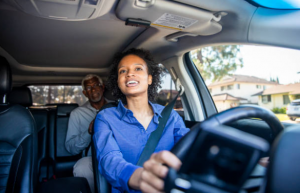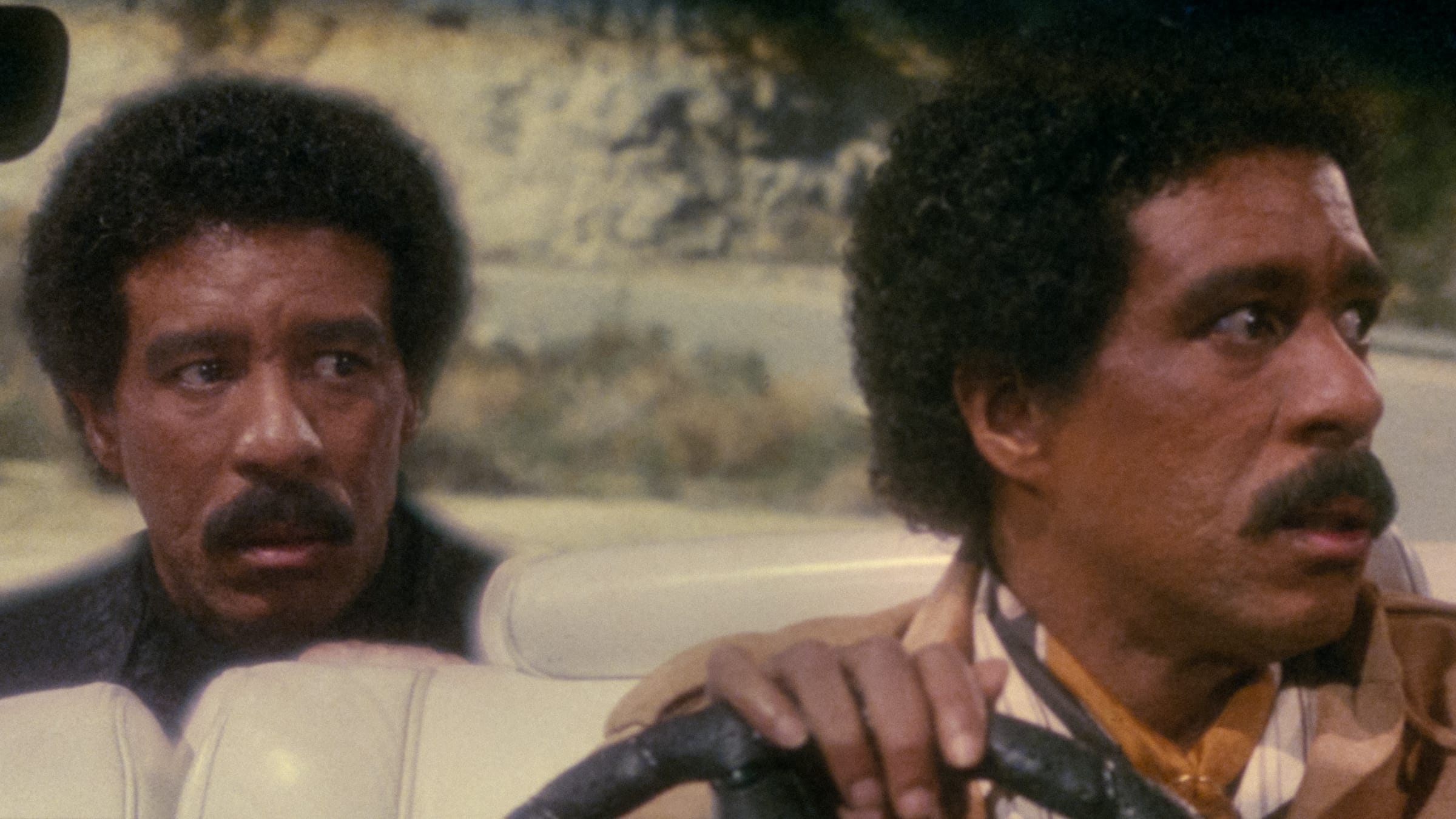(ThyBlackMan.com) One question that often comes up regarding rideshare drivers is whether they’re covered during an accident.
Rideshare drivers offer a desirable service, transporting people where they need to go. As they spend more time on the road than your average driver, there’s a decent chance that they might experience or cause an accident.
For you, the main concern is if they have insurance to turn to should they cause an accident. You might also be wondering what happens if a rideshare driver causes a crash while you’re a passenger in their vehicle.
Rideshare companies must provide liability coverage for their drivers, which might make you think that they’re always covered. Unfortunately, they aren’t and this can create a confusing situation for you.
To help you understand how an accident with a rideshare driver works, we’ll explain how their insurance coverage functions below.
Does a Personal Policy Apply?
First, we’ll take a look at a personal insurance policy.
Every driver needs to have personal car insurance to legally drive. This includes mandatory coverage for liability purposes. With this in mind, every rideshare driver will inevitably have a personal auto policy.
While every rideshare driver will have personal insurance, it won’t do them any good while they’re ridesharing. Personal auto insurance cannot be used for ridesharing.
This might come as a surprise to you because personal auto insurance is what you’ll usually deal with after an accident. As a result, you might not know who to contact to file a claim.
If a rideshare driver were to hit you while they weren’t working as a rideshare operator, then you would contact their personal insurance. It’s the distinction created by operating a rideshare that makes them ineligible for coverage by personal insurance.
What Insurance Will Work?
If personal auto insurance doesn’t apply, then how do rideshare drivers have coverage?
No driver can be on the road without some form of coverage. When a rideshare operator is working, they aren’t covered by their personal insurance so they will need to seek coverage elsewhere.
The answer to this is rideshare insurance. This is auto insurance for a rideshare driver that applies specifically for when they’re operating as a rideshare.
Some auto insurance companies offer rideshare coverage as an extra option. If a rideshare driver opts for it, then they’ll be covered during an accident.
The tricky thing about rideshare insurance is that it’s fairly new. It can also be costly and significantly add to a monthly bill.
Because of this, not all rideshare drivers have rideshare insurance. This is a situation that you don’t want to deal with because it creates the possibility for a lapse in coverage.
We mentioned above that rideshare companies must provide liability coverage, but this does not apply to all stages of a rideshare driver’s trip.
Rideshare insurance is relevant for the time before a rideshare driver accepts a request. While a driver is waiting, they are often covered under the rideshare company’s insurance, but with fairly low limits.
Because of this, a rideshare driver may cause an accident and end up exceeding a liability limit. If this happens, then they’ll need to foot the bill out of pocket. This can get extraordinarily costly, which is where rideshare insurance can protect a driver.
For you, this means that you have a much better chance of being made whole by a driver with rideshare insurance.
When Is Company Provided Insurance Relevant?
While rideshare company-provided insurance doesn’t always cover a driver, it does cover most scenarios.
Rideshare insurance from an auto insurance company covers the waiting period, but rideshare insurance directly from Uber or Lyft takes care of the rest of the ride.
This means that an accident at any time, while someone is in a rideshare driver’s car, means that they have coverage. The payout limits are much higher at this time compared to the waiting period, meaning that rideshare insurance from an auto company usually isn’t needed for this.
Rideshare company-provided insurance is very effective and will often cover whatever a driver’s liability totals. It’s always in effect to some extent while a driver’s app is on, meaning that you’ll always have at least something you can turn to for compensation.
Passengers and Other Drivers Are Always Covered
Taking all of this into consideration, passengers and other drivers are always covered when an accident with a rideshare driver happens.
For rideshare insurance directly from Uber or Lyft to apply, the driver’s app must be turned on. This will inevitably be true whenever a driver has a passenger, so there will surely be coverage for that rider.
If your rideshare driver ever causes an accident, then you can turn to the insurance provided by their rideshare company. This means that passengers have ultimate safety in a rideshare with no risk of not having insurance to turn to.
On the other hand, you’re also covered if a rideshare driver hits you. If their app isn’t on and they aren’t operating, then their personal auto policy will apply.
Should their app be on, then insurance directly from the rideshare company will apply. The only caveat here is that there is far less coverage during the pre-ride period, meaning that this is the riskiest time to get hit by a rideshare driver.
That said, if a rideshare driver has rideshare insurance through their auto policy, then they will always be covered. This is the best scenario for you and why you want to hope that any rideshare driver that hits you has it.
So the answer to whether rideshare drivers are always insured is yes, but how much they’re insured for will vary based on whether they’ve sought personal rideshare insurance as well.
Closing Thoughts
Getting into an accident with a rideshare driver can be confusing, but it isn’t often a cause for concern. Rideshare drivers typically have multiple insurance policies, with at least one of them applying to a situation.
This includes a personal policy, dedicated rideshare insurance, and insurance provided by the rideshare company. A driver’s personal policy will only apply if the rideshare app is off.
Dedicated rideshare insurance is useful for making up the difference in coverage limits during the pre-ride period. Alternatively, insurance through the rideshare company works anytime the app is on, with significantly reduced payout limits during the pre-ride phase.
What this means for you is that there probably won’t be anything to worry about. Unless there’s a serious accident during a pre-ride period with a driver who doesn’t have dedicated rideshare insurance, just about any damages will be covered.
Staff Writer; Steve Shaw

















Leave a Reply